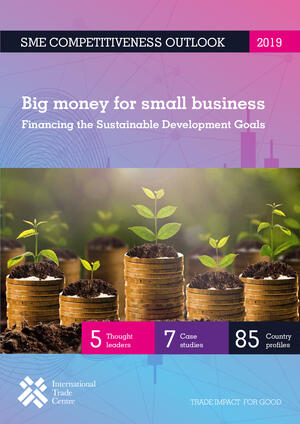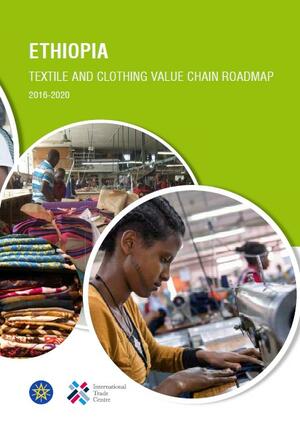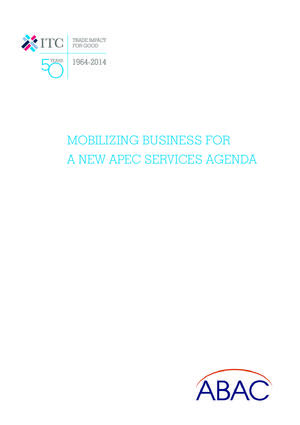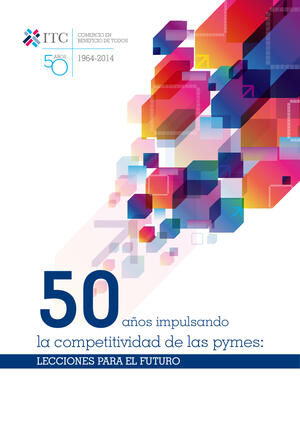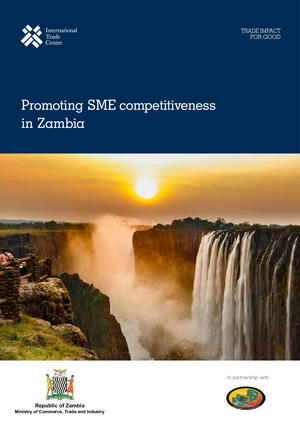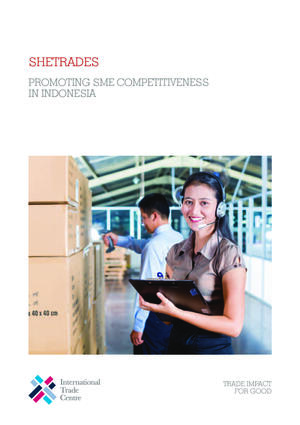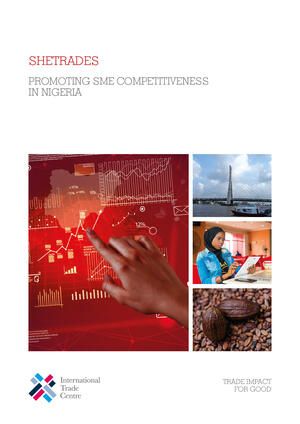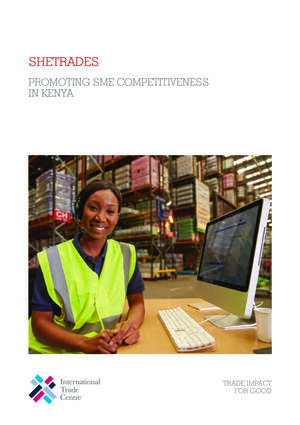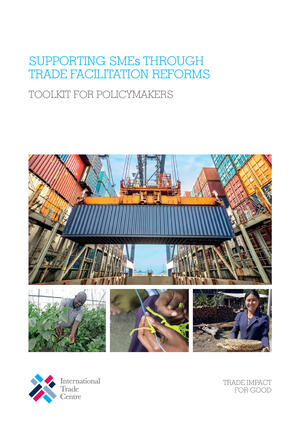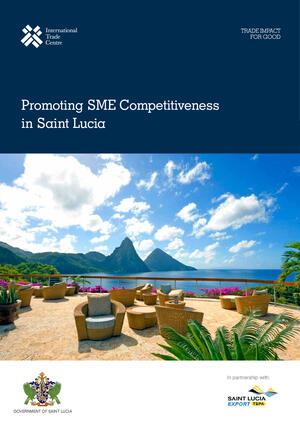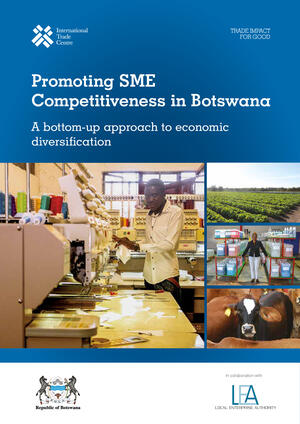Perspectivas de competitividad de las pymes 2019: Gran capital para pequeñas empresas: Financiación de los Objetivos de Desarrollo Sostenible
Un aumento de las inversiones anuales en las pequeñas y medianas empresas de 1 billón de dólares de los Estados Unidos produciría un enorme avance hacia la consecución de los Objetivos de Desarrollo Sostenible. Estas inversiones también tienen el potencial de ofrecer un rendimiento saludable a...




